IUPUI-based engineering startup receives $225,000 NSF grant for solid-state H2 storage
Green Car Congress
JANUARY 23, 2017
A startup based on work conducted at the School of Engineering and Technology at Indiana University-Purdue University Indianapolis has received a one-year STTR Phase I grant of $225,000 from the National Science Foundation (NSF) to support development of a novel solid-state hydrogen storage system based on catalytically-modified porous silicon.






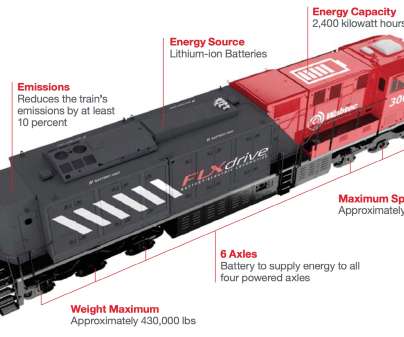

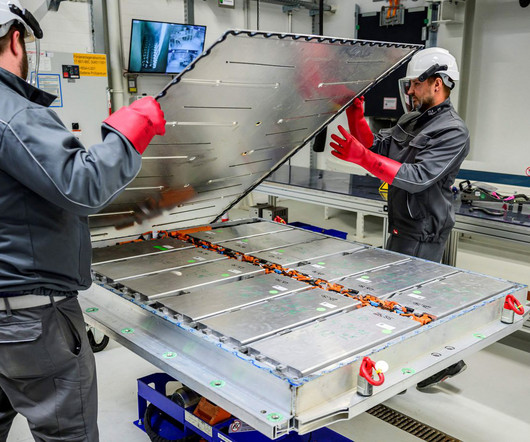







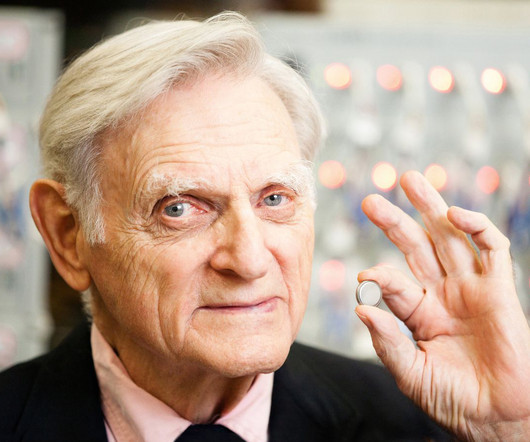








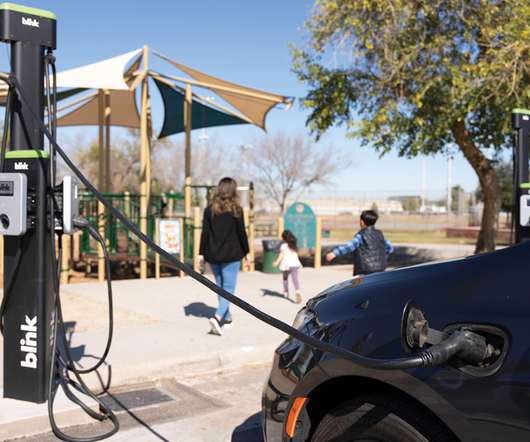

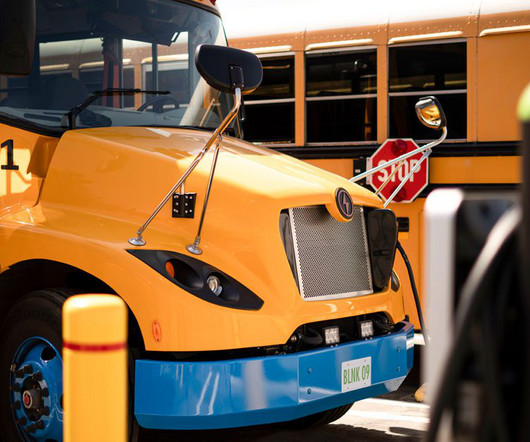
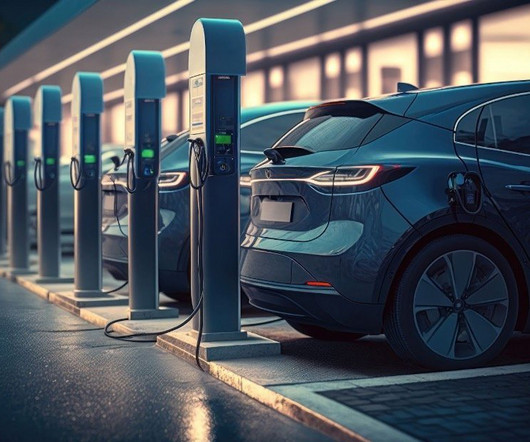

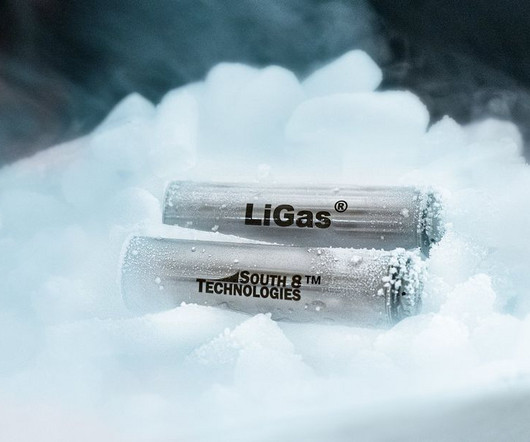









Let's personalize your content